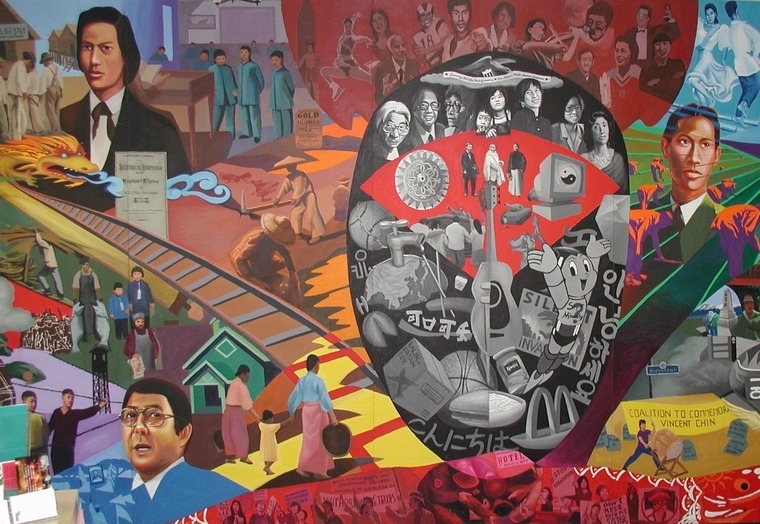 |
Asian Pacific Islanders and STDs July 2010 Feature
|
Asian Pacific Islanders and STDs

The term Asian Pacific Islanders (API) encompasses a diverse group of people from different countries, speaking different languages, practicing different religions and representing vastly different cultures. This diverse group is 11% of Californias population and includes persons of Chinese, Japanese, Vietnamese, Korean, Filipino, Laotian, Cambodian, Indian, and Native Hawaiian origin, among others. These differences are reflected in the ways that the subgroups relate to and access health care services, identify criteria of disease and wellness, and respond to the particular issues related to STDs and reproductive health care.
Some APIs are recent immigrants, while other families have long histories of American citizenship. Length of residency, as well as other factors, contributes to the striking differences in rates of acculturation, educational and income status. In order for those who provide medical and community intervention services to assist this population in overcoming their complex cultural and language barriers, there is a significant need for cultural sensitivity.
Several resources (YRBS, Youth Risk Behavior Survey; Asian American adolescents' first sexual intercourse:gender and acculturation differences) report that female Asian high school students are less likely to have had intercourse compared to the national average of high school students. They lose their virginity at a later age and are less likely to have engaged in sexual activities than other adolescents. However; there are considerable differences within the API population. For example, 47.9% of the Native Hawaiian/Pacific Islander (NHOPI) teens responded yes to 'Ever had sexual intercourse' compared to 24.0% of the Asian teens surveyed. In addition, Laotian and Hmong teens have the hightest teen birth rates in California, compared to all racial/ethnic groups.(www.ppic.org/content/pubs/cacounts/CC_203HJCC.pdf)
The significant range of sexual behaviors and attitudes within the API population often requires that a specific intervention be designed for each particular subgroup. It is particularly important to provide basic information on sexual and reproductive health because frank discussions of sex may be taboo in traditional families.
Recent studies (Pap smear use in California: are we closing the racial/ethnic gap?) reported that Asian women in California have low rates of seeking cervical cancer screening. This is especially significant because Vietnamese women have the highest cervical cancer incidence rate of any group. Resistance to seeking primary prevention services needs to be addressed with special outreach efforts that includes language and culturally specific messages.
Hepatitis is of particular concern to newer immigrant communities: there are 800,000 to 1.4 million chronic HBV cases in the U.S. This silent disease has had a significant impact on the API community.
- AA (Asian Americans) and NHOPIs (Native Hawaiian and other Pacific Islanders) comprise half of the 2 million estimated hepatitis B carriers in the United States. AAPCHO
- 25% of adults with chronic HBV will die of liver disease or liver cancer
- Asian American and Pacific Islanders should get tested for hepatitis B. If they are not infected and are not immune, they should get vaccinated against hepatitis B. Sites that offer HBV vaccine can be found at www.findstdtest.org. If they have chronic hepatitis B, they should be evaluated for treatment and their sexual and household contacts should also be tested and vaccinated or linked to care.
Each of the subgroups within the API population practice many beneficial health behaviors. However, special outreach efforts are needed to provide general health information that promotes the benefits of prevention services to this diverse community.
API RESOURCES
- Banyan Tree Project: http://www.banyantreeproject.org/ Banyan Tree Project is a national campaign to end the silence and shame surrounding HIV/AIDS in Asian and Pacific Islander (API) communities
Banyan Tree Project Facebook links to a poster: http://www.facebook.com/home.php?#!/photo.php?pid=4743601&id=74388416576&fbid=415636381576
- The Asian Pacific Islander API Wellness Center, San Francisco, CA
http://www.apiwellness.org/antistigma.html
API Resources available on SWAP